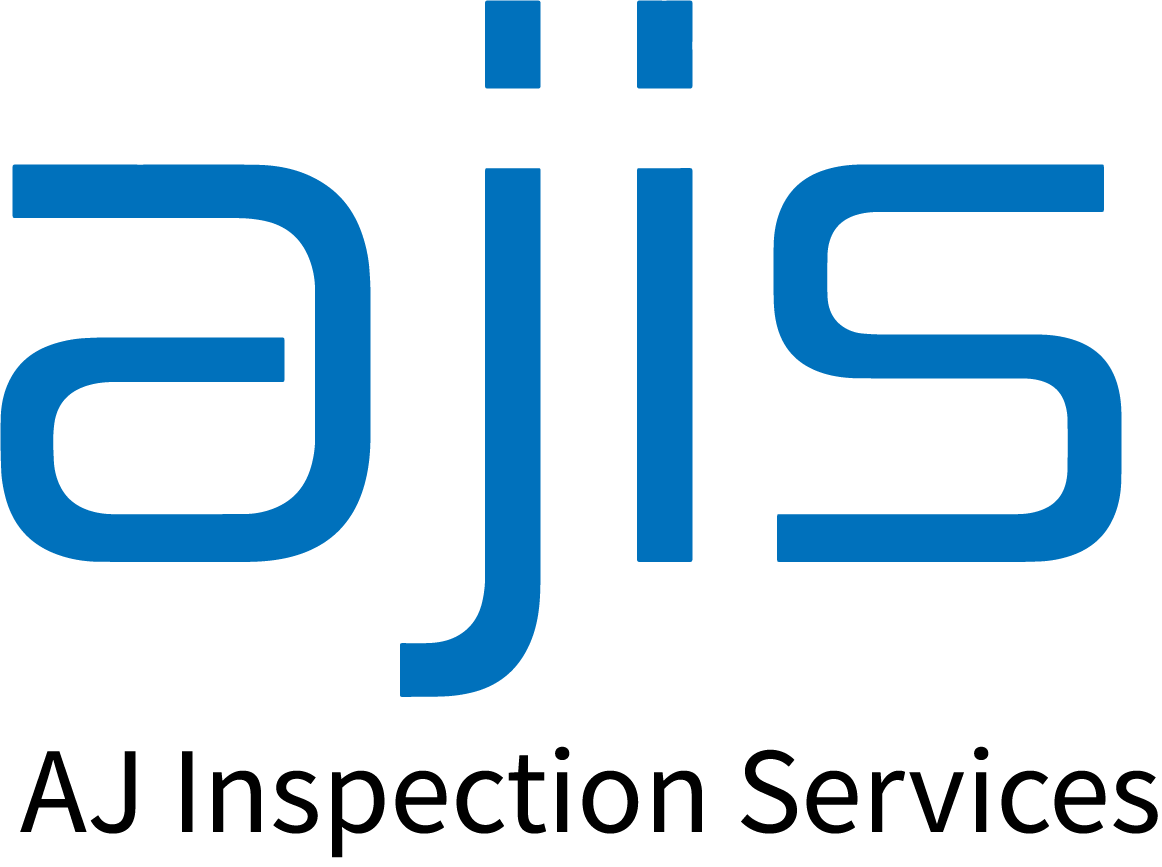Field Expediting Services
Field expediting services, provided by companies like AJIS, are designed to ensure that manufacturers in the energy industry adhere to a known, agreed, and reliable production program.
These services focus on monitoring and expediting the progress of various stages of the manufacturing process, including engineering, procurement, fabrication, and delivery. Field expeditors work closely with manufacturers to ensure that the project stays on track and meets the required deadlines.
The Role of Field Expeditors
Field expeditors play a crucial role in the energy industry by overseeing the progress of manufacturing projects. They act as a bridge between the manufacturer and the customer, ensuring that all parties involved are on the same page and that the project is progressing as planned. Field expeditors are responsible for monitoring the project's timeline, coordinating with vendors and suppliers, and resolving any issues that may arise during the manufacturing process.
Benefits of Field Expediting Services
1. Timely Execution of Projects
Field expediting services ensure that projects in the energy industry are executed in a timely manner. By closely monitoring the progress of the manufacturing process, field expeditors can identify and address any potential delays or bottlenecks. This helps to ensure that the project stays on schedule and meets the required deadlines.
2. Quality Assurance
Field expediting services also focus on maintaining the quality standards of the energy industry. By conducting regular inspections and audits, field expeditors can ensure that manufacturers are adhering to the necessary quality control measures. This helps to prevent any quality issues and ensures that the final product meets the required specifications.
3. Cost Optimization
Field expediting services can help manufacturers in the energy industry optimize their costs. By closely monitoring the procurement and fabrication processes, field expeditors can identify opportunities for cost savings. This may include negotiating better prices with suppliers or finding alternative suppliers that offer more competitive rates.
4. Risk Mitigation
Field expediting services help to mitigate risks associated with manufacturing projects in the energy industry. By closely monitoring the progress of the project, field expeditors can identify potential risks and take proactive measures to address them. This helps to minimize the likelihood of costly delays or disruptions to the project.
Field Expediting Process
The field expediting process involves several key steps that ensure the smooth execution of manufacturing projects in the energy industry. These steps include:
1. Project Planning
The first step in the field expediting process is project planning. This involves defining the scope of the project, setting clear objectives, and establishing a timeline for completion. It also involves identifying the key milestones and deliverables that need to be achieved.
2. Vendor Assessment and Selection
Once the project plan is in place, the next step is to assess and select the vendors and suppliers who will be involved in the manufacturing process. This involves evaluating their capabilities, track record, and ability to meet the project's requirements. It also involves negotiating contracts and establishing clear expectations.
3. Monitoring and Reporting
Once the manufacturing process is underway, field expeditors closely monitor the progress of the project. This includes conducting regular site visits, reviewing documentation, and communicating with vendors and suppliers. Field expeditors also provide regular reports to the manufacturer and the customer, keeping them updated on the project's status.
4. Issue Resolution
During the manufacturing process, issues may arise that could potentially impact the project's timeline or quality. Field expeditors play a key role in resolving these issues promptly and effectively. This may involve working closely with vendors and suppliers to find solutions or implementing alternative approaches to minimize the impact on the project.
5. Project Completion
The final step in the field expediting process is project completion. Once all stages of the manufacturing process are complete, field expeditors review the final deliverables to ensure that they meet the required specifications. They also conduct a final inspection to ensure that all necessary documentation is in order before the project is handed over to the customer.
Interested in our services? We’re here to help!
We want to know your needs exactly so that we can provide the perfect solution. Let us know what you want and we’ll do our best to help.




